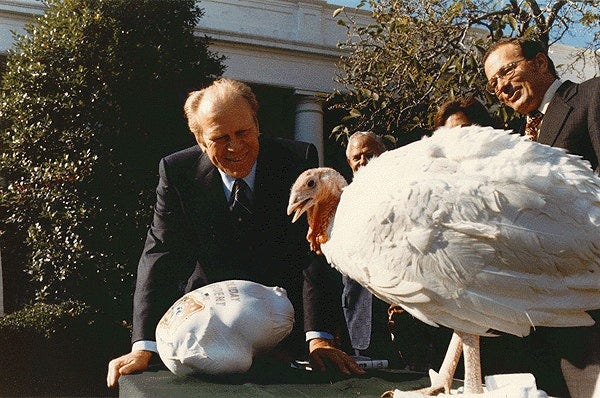Don't check the box
Life online, the "Latino" label, and a diary of war
In a week notorious for family feuds as well as food, Public Seminar’s authors consider the ways we categorize ourselves and each other.
Nora Krug shares a visual account of a Ukrainian and a Russian’s simultaneous experiences of the ongoing war. Both narrators, she reminds us, are witnesses—and the divergences and commonalities in their stories matter. How does technology affect our personhood? asks Noam Yuran: “The mobile phone has changed what it means to be a person. It has taken away our ability to bear intense emotions. It has infringed our sense of autonomy and diminished our ability to be alone.” And Kevin Anzzolin tracks the “nomenclatural funambulism” of academic arguments and ad campaigns determined to name and define the diverse group of people known as “Latino.”
Can we do better this year?
What Does It Mean to Be “Latino”?
Kevin Anzzolin
For better or for worse, many histories of a Latino United States start, strangely enough, with Christopher Columbus—Mesoamerica’s O.G. conquistador. Besides the Italian navigator’s lamentable tendency to enslave indigenous peoples, and ignoring his confusion regarding the land masses came across, Columbus took a keen interest in naming—or renaming—the peoples and places he encountered. He bestowed new names upon the Caribbean islands he encountered in the late 1400s—christening them with an eye to Spain’s royal family; as Margaret Zamora explains, he made naming “both an act of personal piety and an interpretation of the significance of the Atlantic crossing.” (Years later, Columbus would even rename himself, ultimately requesting that his heirs refer to him via a type of crypto-Christian calligram in need of its own exegesis.)
Diaries of War
Nora Krug
As the events of this war unfolded, I reached out to K., a Russia-born Ukrainian journalist in Kyiv, and D., an artist from St. Petersburg. I asked K. and D. if I could interview them to create a visual, weekly diary that would juxtapose their contrasting voices, and that would raise awareness and funds for the victims in Ukraine. Every week, I asked how they were feeling, what they were thinking about and what they had experienced during the previous week. In addition to documenting their everyday experiences I also posed questions that I hoped would shed light on how the war affected them on a deeper, more existential level: What impact did the war have on their minds and bodies?
Being Online
Noam Yuran
How does technology affect our personhood? We know it does, although it is not supposed to. The question attracts much concern in popular discourse, revealing anxieties about the way technology can ruin the psychological well-being of our children. It is an impossible question, however, because objects are not supposed to affect the constitution of our psyche. They are, after all, only objects.


